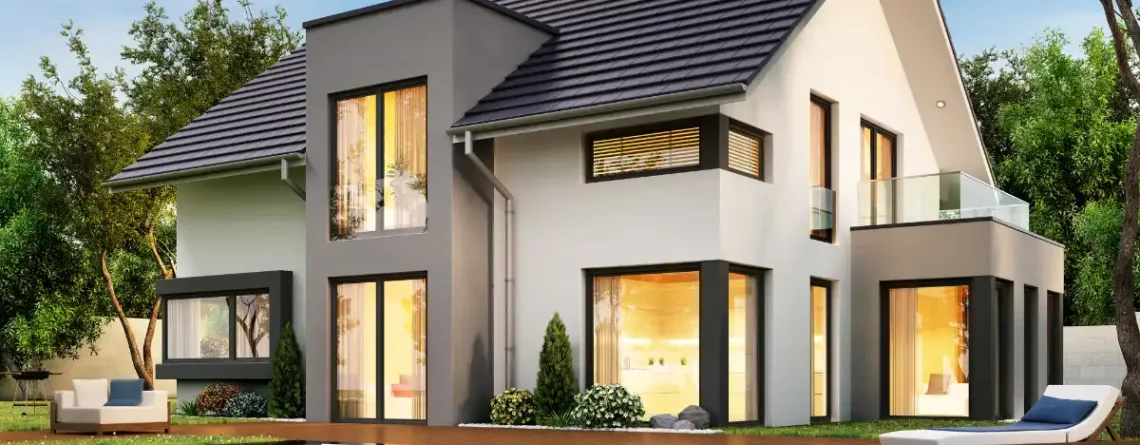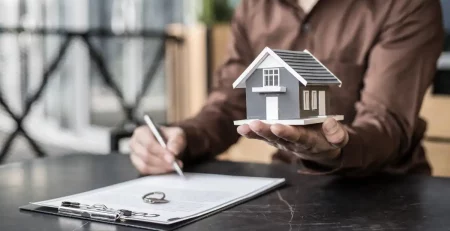How to Maximize the Value of your Residential Property?
Establishing, Ensuring, and Maximize the Value of Your Residential Property.
Creating, sustaining, and enhancing the value of residential property requires a combination of proactive measures and ongoing care. Here are a few strategies that help to get the best valuation for your residential property.
1. Maintaining proper documents and records
Clear ownership is the most important thing to ensure the value. The real meaning of the valuation is the value of the ownership, not just the physical property. Therefore, go through your property documents and check whether your property file consists of all the key documents such as Title Deeds, Survey Plans building plants, etc. For example, even if you have invested millions in your property, you may not get a good valuation if you don’t have freehold ownership or if your title is not clear.
2. Properly demarcated and secured boundaries
The boundaries of the land have to be demarcated and secured as per the survey plan. Any encroachment to the land or by the land may highly impact the valuation.
3. Ensure regular maintenance
Maintain the property’s outside and interior well. Fix tiny problems as soon as possible to avoid growing into bigger ones. This entails taking care of problems with the roofing, electricity, plumbing, and other structural components.
Maintain thorough documentation of any repairs, improvements, and extensions done to the property. When selling the property, this paperwork might help prove the amount of attention it has received.
4. Close attention to Curb Appeal
Make sure the outside painting, landscaping, and general cleanliness are maintained to improve the property’s curb appeal. A well-maintained exterior adds to the value of the house overall and makes a good first impression.
5. Timely Upgrades and Renovations
Think about making thoughtful improvements and repairs that raise the property’s value. Concentrate on changes that will probably increase the property’s resale value, including updated bathrooms and kitchens, energy-saving features, or more living space.
6. Attention to Energy Efficiency
Invest in energy-saving elements like solar power for electricity and hot water, fixing/ replacing energy-efficient appliances. As a result, there are fewer outgoings due to lower utility bills, which increases the residential property’s appeal to environmentally conscious buyers.
7. Implementing Security Measures
Implement security measures in place to improve the safety of the property. This may entail putting in a security system, strengthening windows and doors, and making sure there is enough illumination. A secure property is often more attractive to potential buyers.
8. Be updated on Neighborhood Trends
Observe changes and trends in the neighborhood. Property values may be positively impacted by improvements, new amenities, or new infrastructure in the neighborhood.
9. Effective Property Management
Effective property management is essential if the property is rented out. This entails screening tenants, responding to any complaints right away, and making sure the property is well-maintained during their occupancy.
10. Compliance with the Regulations
Be aware of and comply with local regulations and zoning laws. Any legal issues or non-compliance can negatively affect the property’s value. Develop the property with proper development approvals and do not change without getting approval for the changes. Refrain from getting authorized extensions to the building’s perimeter, building limit, or rear spaces. It is not possible to recoup the expenses incurred for its unauthorized constriction in the case of a property appraisal or sale.
Property owners can Establish, Ensure, and Enhance the value of their residential properties by continually giving careful consideration to the aforementioned factors.
Follow us on LinkedIn for frequent updates and insights.








Leave a Reply